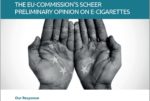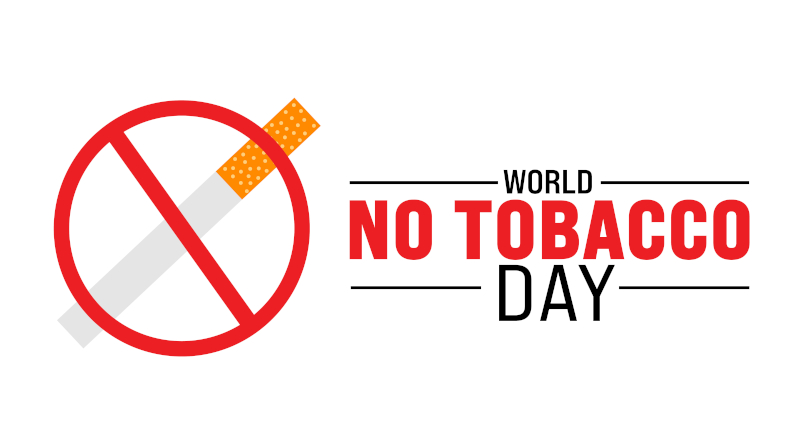
While we welcome the initiative from the European Commission in taking a view on the science of electronic cigarettes, the draft report it has produced is fundamentally flawed. What is most striking about the draft scientific review is its failure to compare the risks of electronic cigarette use with the risks of smoking.
We – along with e-cigarette consumers, academics and industry participants – have made detailed scientific contributions to the consultation, in line with SCHEER’s rules of procedure. We have included the relevant literature that has been missed by the Committee which we believe runs counter to its findings. We have also questioned some of the interpretation they have applied to the literature under review.
Specifically, we are concerned that:
- The Committee has concluded that there is insufficient evidence that e-cigarettes are a useful tool for smokers seeking alternatives, despite quoting two randomized control trials stating precisely the opposite.
- In their risk assessment, the Committee has not taken a risk-based approach at all, but rather a hazard based approach. It states the potential risks of using e-cigarettes without even attempting to compare these with the requisite risks from cigarette smoking, which are exponentially higher.
- The Committee has concluded that there is strong evidence that e-cigarettes act as a “gateway” to smoking. However, it has done so based almost exclusively on data from the United States, where an entirely different regulatory regime exists. The Committee also fails to acknowledge that smoking among young people has declined significantly: if vaping leads to smoking, then why are there not more smokers observed during the period where the e-cigarette market grew rapidly?
Such poorly founded conclusions, many of which fly in the face of the available evidence, undermine the utility of the report as a document upon which decision makers in the European Union can make policy decisions in the best interests of Europeans.
We hope and expect that, given the depth of comments the committee will have received, that it will now decide that it is the time to re-evaluate its findings.
Our response to SCHEER report (PDF):





